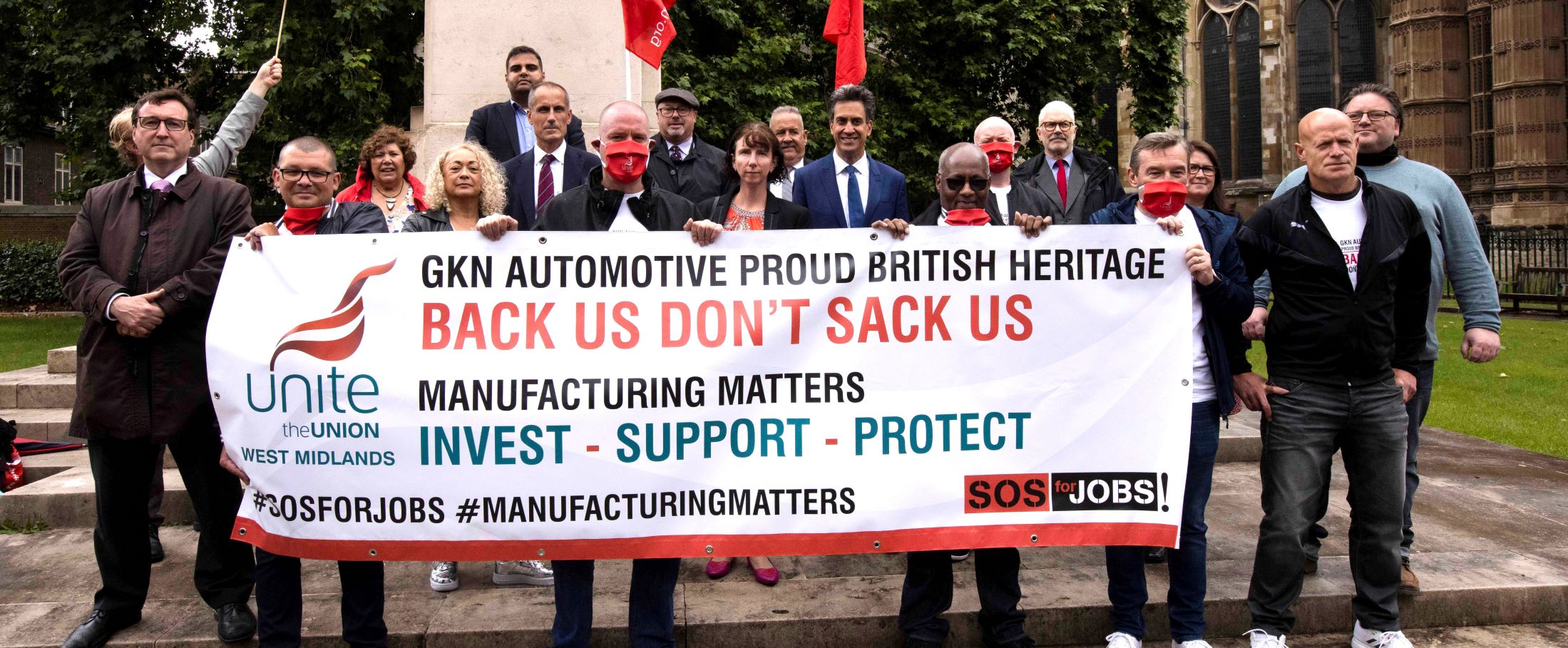‘Wake-up call’
Apprenticeships started during the present academic year have dropped by 26.5 per cent compared to the previous year – a drop Unite says is due to the botched rollout of a new apprenticeship levy.
Official data – released in time for National Apprenticeship Week, which runs from 6 to 9 March – shows 114,000 people began apprenticeships between August and October 2017, compared to 155,600 during the same period in 2016.
Between May and July 2017, the end of the last academic year, apprenticeship numbers plummeted by 61 per cent.
The cliff edge came after the introduction of the government’s “apprenticeship levy” last April. The levy, raised by taxing company payrolls, is meant to reduce the UK’s skills gap by encouraging employers to take on more apprentices.
Firms with a payroll of ÂŁ3m and above are required to pay 0.5 per cent of their total wage bill to the government. Companies of any size can apply for funding, raised through the levy, to pay for apprenticeship training. However, the system has been criticised as too bureaucratic and complex.
“(The) figures should act as a wake-up call to government, which has failed to act on industry’s growing concerns around the apprenticeship levy,” said Verity Davidge, head of education and skills at the manufacturers’ organisation EEF.
“This worrying trend is not just hampering employers’ ability to get the skills their business needs, it is taking away invaluable opportunities for the next generation to undertake training and secure a future job. It is clear the apprenticeship levy and wider reforms aren’t working and need a radical rethink.”
Unite assistant general secretary for manufacturing Tony Burke said the levy seemed “to have been written on the back of a fag packet and worked out later on” and was causing consternation in the sector.
Nor is dissatisfaction with the levy just limited to manufacturing industries.
Construction apprenticeships
“Small and medium size firms in construction disproportionately do more than others in the sector; providing good quality apprenticeships. These firms were telling us the levy would choke off their funding support,” said Gail Cartmail, Unite assistant general secretary for construction.
“For whatever reason the steep drop in apprentice numbers is worrying for construction, worsening still a skill shortage that Brexit can only add to.”
Cartmail said Unite had repeatedly warned the government that the means by which the levy was introduced risked unintended consequences, but had been ignored.
She said, “None of the high level bodies charged with sorting this out now have union involvement and it is cold comfort to Unite, knowing we were right and that we have solutions but no one is listening.”
“This should change and government need look no further than Germany’s acknowledged skill strategy, with unions at the heart of social dialogue.”
 Like
Like Follow
Follow

